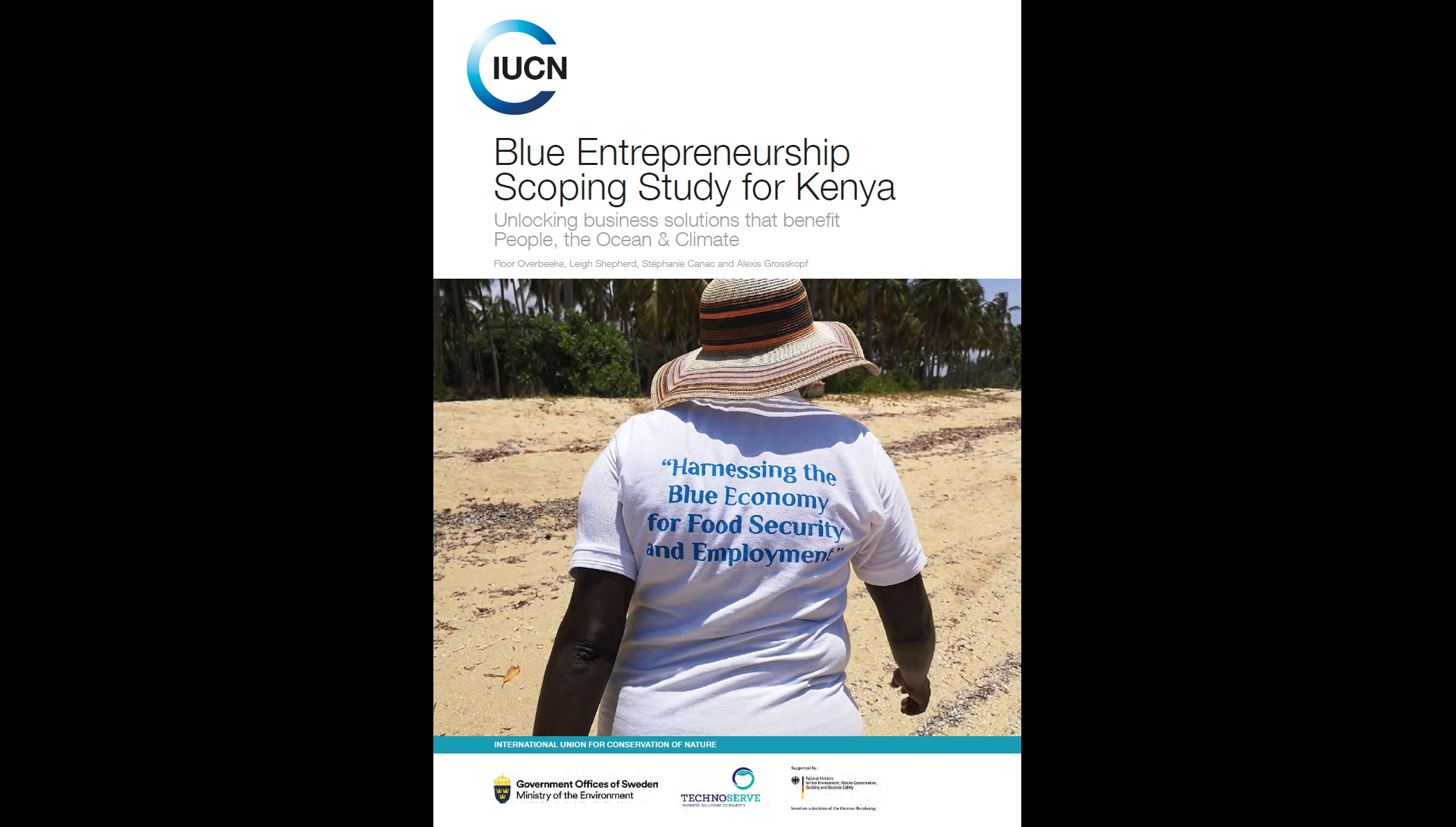Watch WCEL's "Environmental Law in Africa: What is the Role of Civil Society in Environmental Governance?" webinar
Thursday 26 November, 16:00-18:30 East Africa Time (EAT)

WCEL Environmental Law Webinars Logo
Photo: IUCN
Moderator: Ayman Cherkaoui, Coordinator and Chargé of Strategic Development at Mohammed VI Foundation for Environmental Protection
Opening Remarks: Robert Wabunoha, UN Environment Regional Coordinator
Panelists:
Honorable Mamadou Diallo, IUCN Regional Councilor, Secretary General of the Association Sénégalaise des Amis de la Nature (ASAN)
Aminetou Bilal, African Union Youth Advisory Council Member
Xolisa Ngwadla, Business Development & Commercialisation Executive at Council for Scientific and Industrial Research (CSIR)
Overview: In December 2019, the theme for the Fifth Session of the United Nations Environment Assembly was decided at a joint meeting of the Bureaus of the Assembly and the Committee of Permanent Representatives. That theme is “Strengthening Actions for Nature to Achieve the Sustainable Development Goals”.
Environmental Law has a central role to play in framing and strengthening actions for Nature to Achieve the SDGs globally and in Africa. Regional cooperation is a transformational space for Nature to Achieve the SDGs globally. Specifically in Africa, IUCN, among others, contributed to the drafting of the Revised African Convention on the Conservation of Nature and Natural Resources, which has entered into force in 2016.
According to the 2016 GEO (Global Environment Outlook) 6 Regional Assessment for Africa, “Africa faces both enormous challenges in relation to environmental management, and equally huge opportunities for ‘doing things better’ ”. The Assessment concludes that “low-carbon, climate-resilient choices in infrastructure, energy and food production coupled with effective and sustainable natural resource governance are key to protecting the continent’s ecological assets that underpin a healthy society.”
Inclusion plays an important role in empowering active stakeholders and is one of the foundations of the Environmental Rule of Law[1] . Furthermore, according to the United Nations Secretary General, “inclusive multilateralism, based on deep interaction with civil society, businesses, local and regional authorities and other stakeholders… where the voice of youth is decisive in shaping our future”[2] is needed.
The proposed webinar aims therefore to highlight African voices from civil society, businesses, local and regional authorities and look towards UNEA 5.
[1] IUCN World Declaration on the Environmental Rule of Law, 2016
[2] Secretary-General's message on the International Day of Multilateralism and Diplomacy for Peace, 24 April 2020



